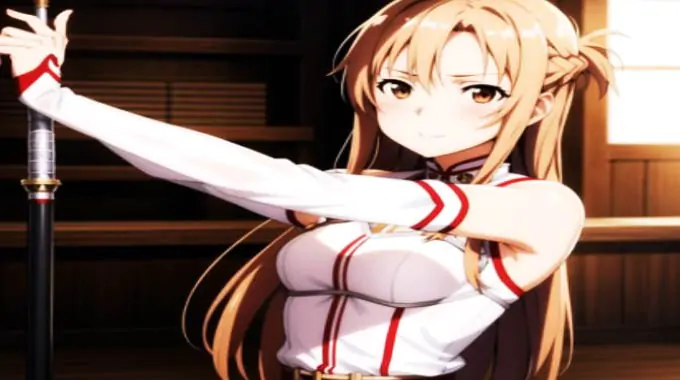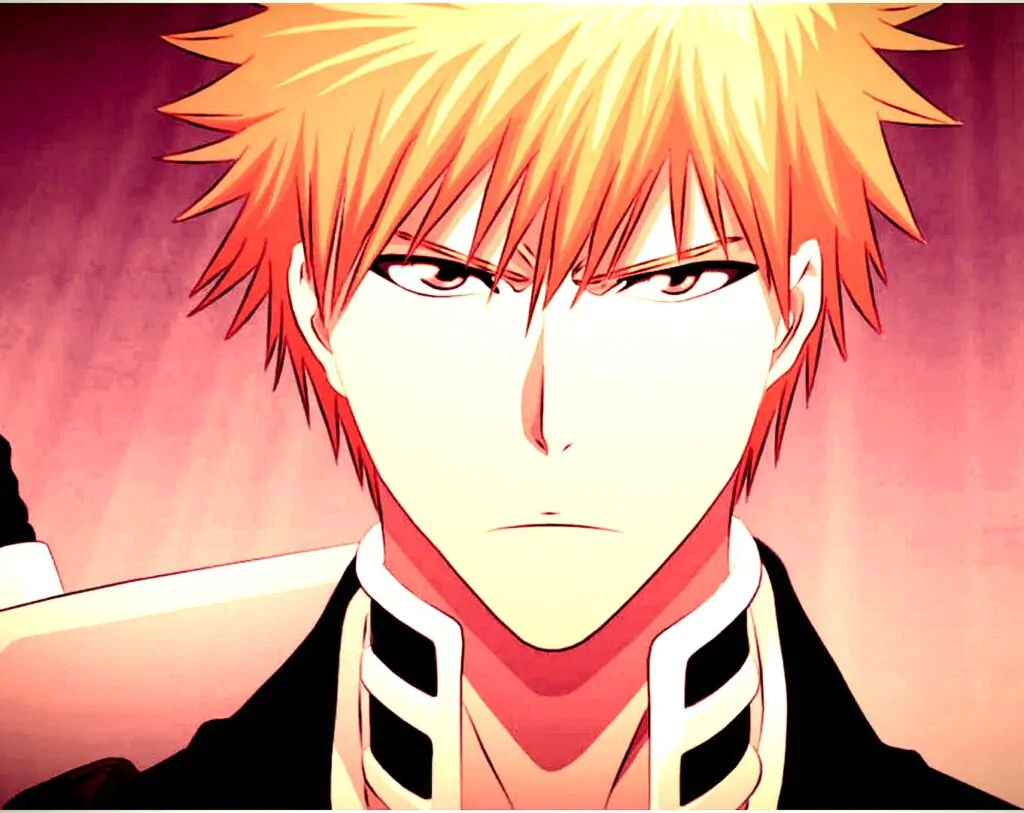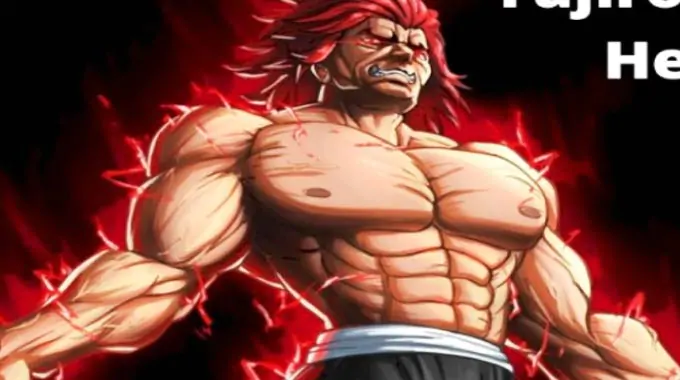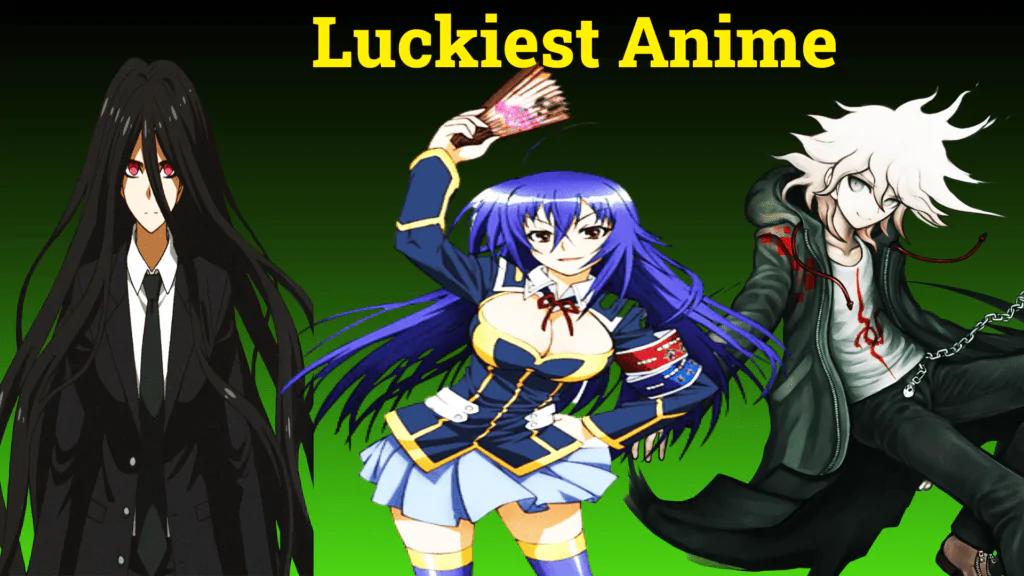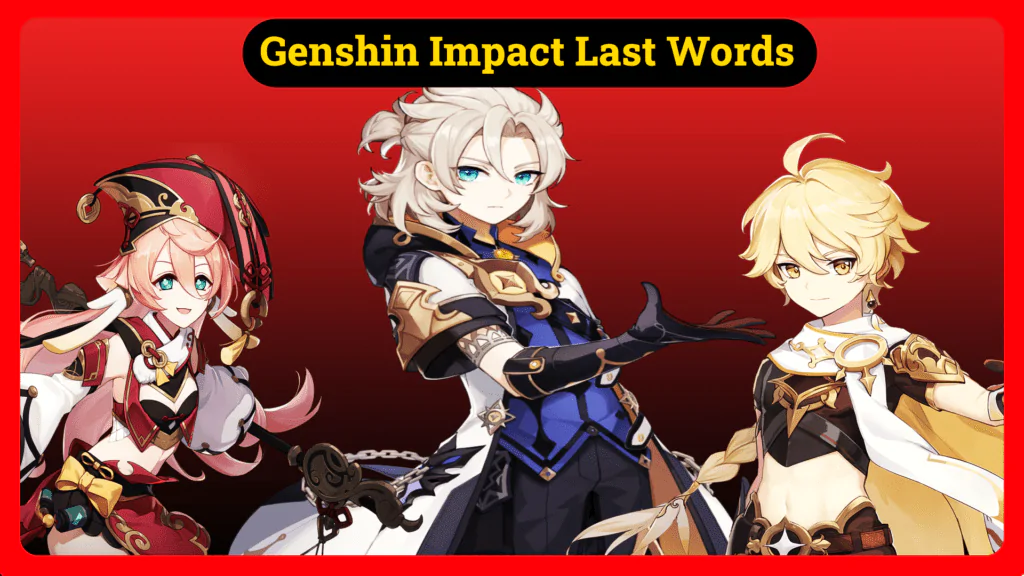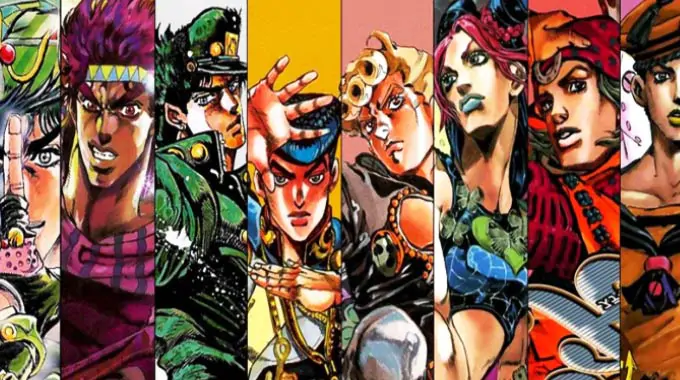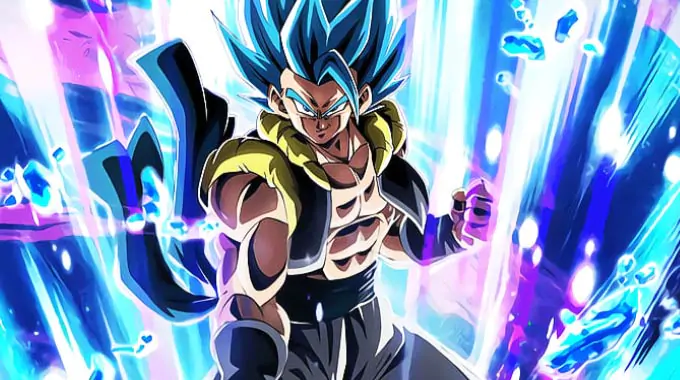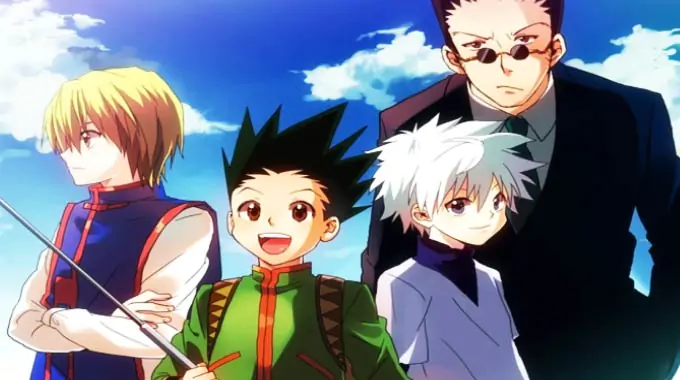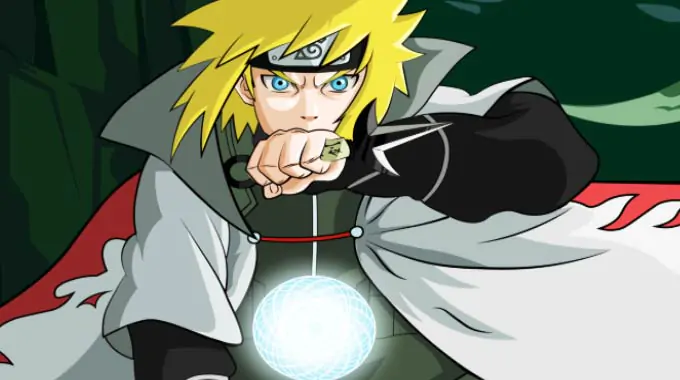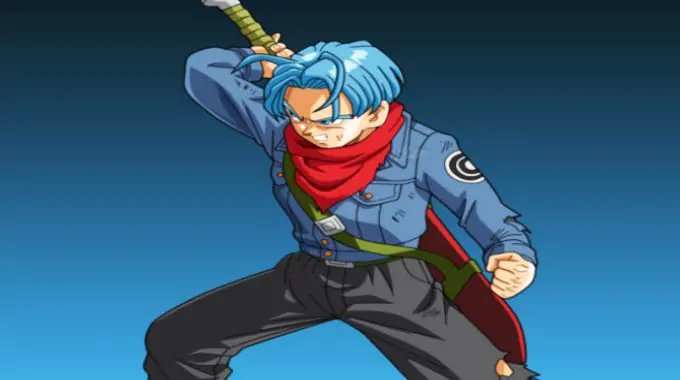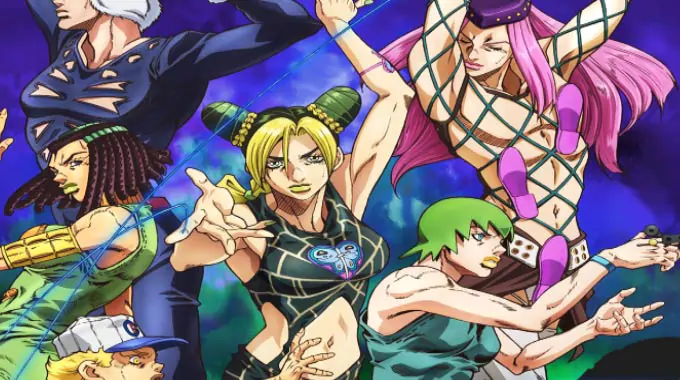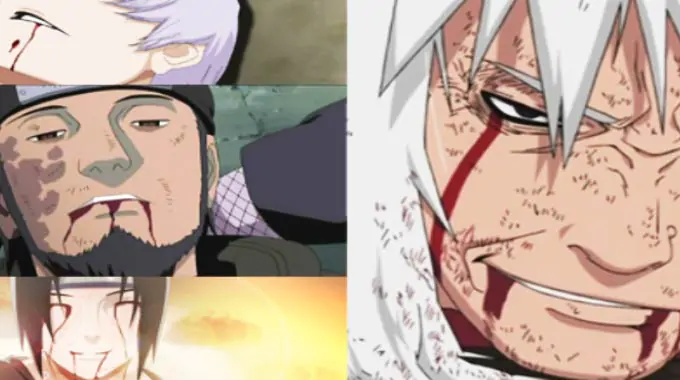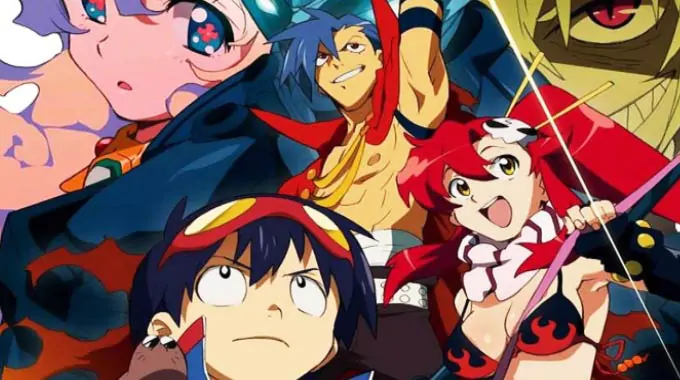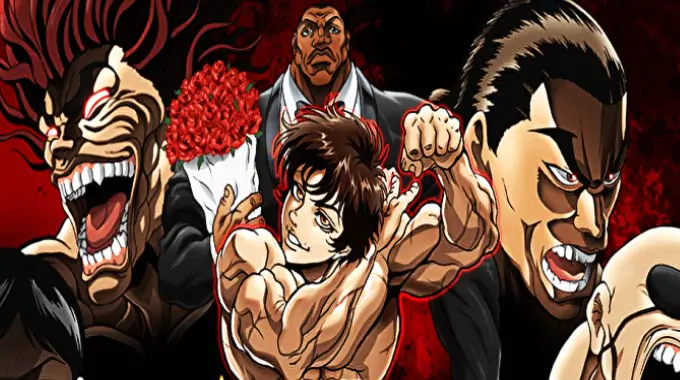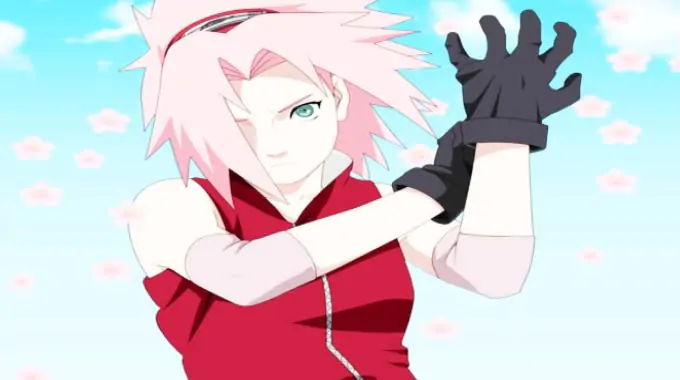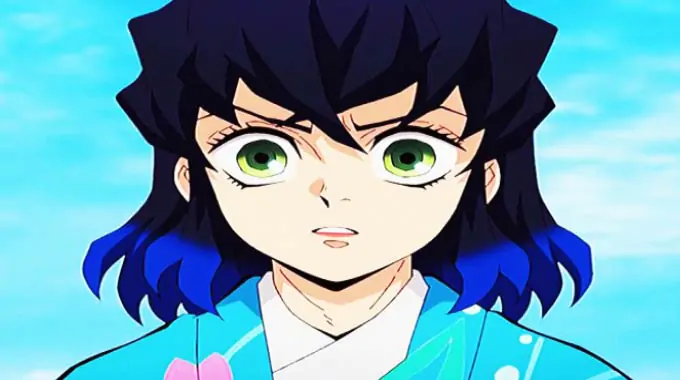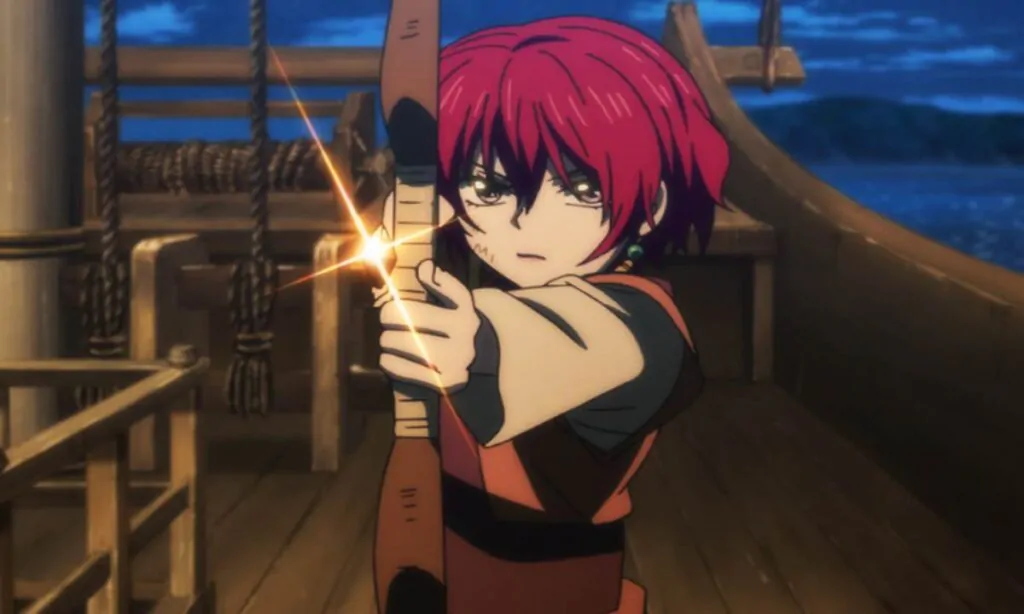List of Thors vinland saga facts:-
Thors is the father of the series’ main character, Thorfinn.
Thors is a former Viking warrior known as “Thors the Troll” due to his immense strength and combat skills.
Thors is based on the legendary Icelandic figure, Þórðr the “Viking chieftain” who is said to have been the father of the explorer, Thorfinn Karlsefni.
Thors’ backstory is revealed in flashbacks throughout the series, showing his younger days as a fierce warrior and his eventual disillusionment with violence and war.
Thors is known for his strict code of honor, which forbids killing and violence.
Thors leaves his life as a Viking and settles on the peaceful Faroe Islands to raise his family.
Thors is a skilled sailor and teaches his son Thorfinn how to navigate and survive at sea.
Thors is beloved by his family and the people of the Faroe Islands for his kindness and wisdom.
Thors is sought after by his former comrades for his combat skills, but he refuses to return to a life of violence.
Thors is betrayed by his own men who capture him and force him back into battle.
Thors refuses to fight and is ultimately killed by his own friend, Askeladd, in front of his son.
Thors’ death marks a turning point for Thorfinn’s character development and his quest for revenge.
Thors is a central figure in the series’ themes of violence, honor, and morality.
Thors’ legacy is felt throughout the series, as characters reflect on his teachings and his impact on their lives.
Thors is depicted as a stoic and reserved character, but also has a playful and affectionate side when interacting with his family.
Thors’ death is portrayed in a brutal and realistic manner, emphasizing the harsh realities of Viking warfare.
Thors’ final moments are filled with regret and sadness, as he reflects on his life choices and his relationship with his son.
Thors’ death is a key moment in the series’ narrative structure, serving as both a prologue and a catalyst for the events that follow.
Thors is often referred to as a “hero” by the characters in the series, but he is also shown to have flaws and weaknesses.
Thors’ philosophy of non-violence is challenged throughout the series, as characters grapple with the ethics of war and the necessity of violence.
Thors’ relationship with his wife, Helga, is a rare example of a loving and equal partnership in a Viking society dominated by male violence.
Thors’ death is mourned not only by his family but also by his former enemies, who recognize his honor and bravery.
Thors’ story arc is often compared to the ancient Greek hero, Achilles, who is also a tragic figure driven by a code of honor.
Thors’ appearance is notable for his long, flowing hair and beard, which are a symbol of his status as a Viking warrior.
Thors’ character design emphasizes his strength and athleticism, but also his weariness and inner turmoil.
Thors’ death is a subversion of the traditional heroic narrative, as he is killed not in battle but by his own friend.
Thors’ legacy is carried on by his son, Thorfinn, who seeks to honor his father’s memory through his actions.
Thors’ story is a commentary on the cyclical nature of violence and the potential for redemption and change.
Thors’ non-violent philosophy is based on his belief in the sanctity of life and his desire to protect his family and community.
Thors is a skilled blacksmith, and his sword-making skills are highly valued by his fellow Vikings.
Thors is a devout Christian, which is a rare and controversial choice for a Viking warrior.
Thors’ faith is tested by his experiences in battle and his moral conflicts with his fellow Vikings.
Thors’ death is foreshadowed throughout the series, as he is haunted by visions of his own mortality.
Thors is shown to have a deep connection with nature and the sea, which he sees as a source of both beauty and danger.
Thors is a symbol of the “old ways” of Viking society, which are being replaced by a more mercenary and ruthless approach to warfare.
Thors’ death scene is one of the most iconic moments in the series, and has been praised for its emotional impact and visual storytelling.
Thors’ story is also a critique of the myth of the “noble savage,” which portrays pre-modern cultures as inherently more moral and virtuous than modern societies.
Thors’ death is a reminder of the brutal realities of Viking society, which was built on conquest, slavery, and violence.
Thors’ relationship with his son Thorfinn is complex, and reflects the generational conflict between the older, more traditional Viking warriors and the younger, more ambitious ones.
Thors’ death has a profound impact on Thorfinn’s psyche, and he becomes obsessed with avenging his father’s death.
Thors’ death is also a turning point for Askeladd, who realizes the depth of his own betrayal and begins to question his own moral code.
Thors’ death is a moment of catharsis for the series’ readers and viewers, as it represents the culmination of the story’s themes of violence and morality.
Thors’ death is also a reflection on the transience of life and the inevitability of death, which is a recurring motif in the series.
Thors’ character arc is a classic hero’s journey, as he moves from a life of violence and war to a peaceful existence on the Faroe Islands.
Thors’ death is a form of sacrifice, as he chooses to die rather than betray his own principles and beliefs.
Thors’ legacy is felt not only by his family and friends, but also by the wider Viking community, who recognize his bravery and honor.
Thors’ death scene is notable for its use of visual symbolism, such as the image of his blood mixing with the sea, which represents the cyclical nature of life and death.
Thors’ death is also a moment of irony, as he is killed by a man he once saved from death.
Thors’ philosophy of non-violence is rooted in his experiences as a warrior, and reflects his disillusionment with the cycle of violence and revenge.
Thors’ death is a critique of the romanticization of Viking culture, which is often portrayed in popular media as a noble and heroic civilization.
Thors’ relationship with his daughter Ylva is also explored in the series, and reflects the role of women in Viking society.
Thors’ death is also a reflection on the futility of revenge, as Thorfinn’s quest for vengeance ultimately leads him down a path of self-destruction.
FAQs
Who killed Thors: Thors is killed by Askeladd, a fellow Viking warrior, in combat during the events of the series. Thors sacrifices himself to protect his son, Thorfinn.
Thors’ philosophy in Vinland Saga: Thors follows a philosophy of pacifism and nonviolence. He despises the violence and brutality of the Viking lifestyle and seeks a peaceful existence in Vinland, a mythical land free from war.
Where is Thors from in Vinland Saga: Thors is originally from Iceland.
Is Thors the strongest in Vinland Saga: Thors is widely regarded as one of the strongest warriors in Vinland Saga due to his exceptional combat skills, strength, and experience. However, there are other formidable characters in the series as well.
Thors’ last name in Vinland Saga: Thors does not have a known last name in the series. He is primarily referred to by his first name.
Who is Thors in Vinland Saga: Thors is a legendary Viking warrior and a central character in the Vinland Saga series. He is the father of Thorfinn and was once a fearsome warrior known as Thors the Troll.
Does Thors die in Vinland Saga: Yes, Thors dies in Vinland Saga. He sacrifices himself in battle to protect his son and uphold his ideals of nonviolence.
